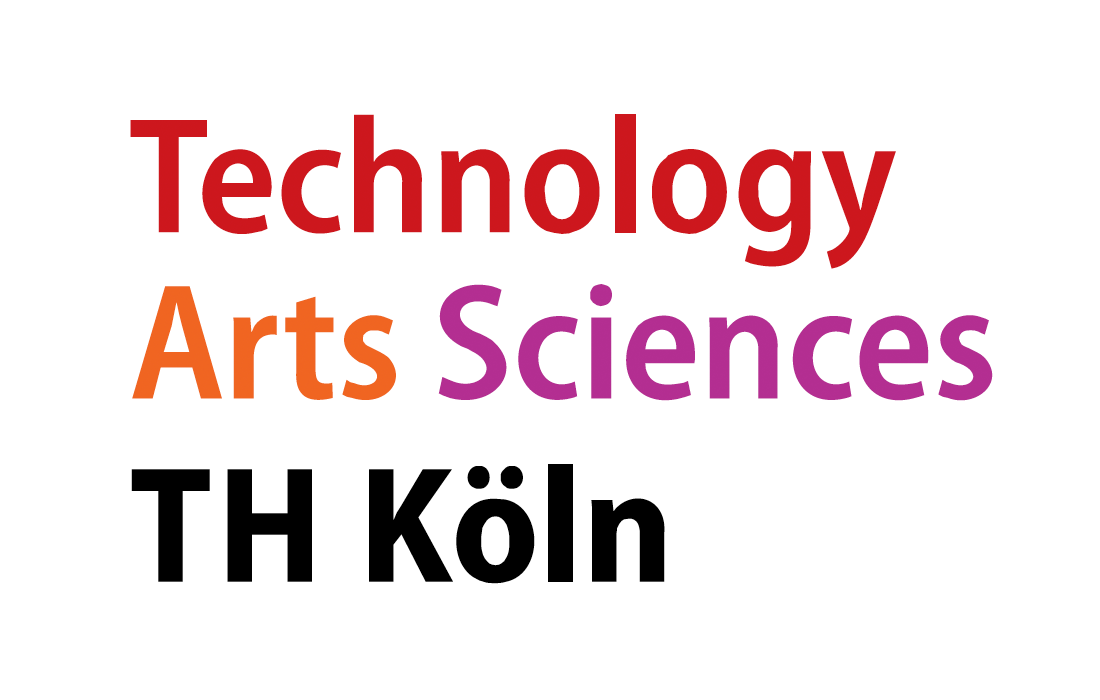Mapping to Focus Areas
Below, you find the module's mapping to the study program's focus areas. This is done as a contribution to all relevant focus areas (in ECTS, and content-wise). This is also relevant for setting the module in relation to other modules, and tells to what extent the module might be part of other study programs.
| Focus Area |
ECTS (prop.) |
Module Contribution to Focus Area |
| Generating and Accessing Knowledge |
3 |
The goal of the module is to provide a professional insight into the world of scientific computing, like e.g. which models and algorithms help in the implementation of a solution.
|
| Architecting and Coding Software |
3 |
The module will start with an introduction to the topic of distributed IT systems, covering the most important basic principles of such systems
|
Learning Outcome
(WHAT?)
The goal of the module is to provide a professional insight into the world of scientific computing.
(HOW?)
In particular, the methods, paradigms, principles, areas of application and underlying intentions are conveyed and deepened through practical application
in selected use cases.
(WHY?)
Scientific computing has a lot of important areas of application in practice and offers specific peculiarities in comparison to other areas of practice.
The most important of those are to be communicated here to be able to reasonably classify the application of scientic computing and to apply it tailored
to suit the specific needs.
Module Content
The module will start with an introduction to the topic of distributed systems. The most important basic principles of
such systems are also dealt with here:
- Communication
- Processes
- Names
- Synchronization
- Consistency
- Replication
- Error tolerance
With the knowledge of these principles, different paradigms of distribution are presented and systems based on them
are learned. These include distributed object-based systems, distributed coordination-based systems, distributed file systems and especially grid computing or distributed computing systems.
After the introduction, the topics of test design and implementation are covered. This includes the question:
- How useful is the basic hypothesis?
- Which models and algorithms help in the implementation?
- Does the planned approach have a chance of success?
- Do we know of an existing approach that we want to verify/falsify?
- How do we best obtain data?
- How do we measure our results, what is our metric?
- How much data do we need to deliver meaningful results?
- Are our results meaningful?
- What conclusions can we draw from our results?
Finally, various currently relevant topics from the field of scientific computing will be discussed. These include numerical and non-numerical algorithms, mathematical models and models for computation by computer-based systems. Finally, we discuss the topic of simulations. This classification serves to find own projects and to evaluate the objectives for the projects.
Subsequently, group work will be carried out on one of the topics presented. The results of this project work will be presented and discussed at the end in a presentation and appropriate documentation.
Learning Material Provided by Lecturer
Slides in electronic form
Literature
- G. Couloris et al.: Verteilte Systeme, Konzepte und Design. Pearson Studium, Addison Wesley, 2002
- J. Siegel: CORBA 3, Fundamentals and Programming. Wiley Computer Publishing, 2000
- A. Tanenbaum: Verteilte Systeme, Konzepte und Design, 3. Aufl., Pearson, 2002
 Module currently not offered due to capacity reasons!
Module currently not offered due to capacity reasons!
